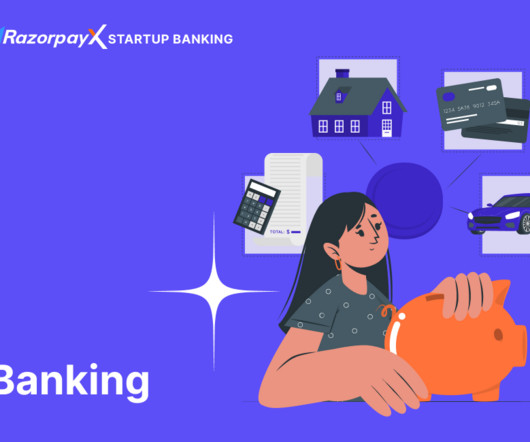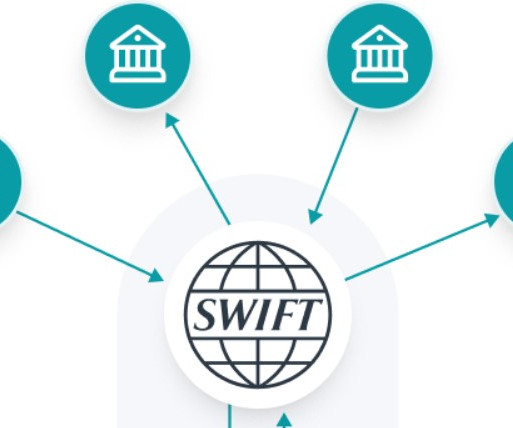Banks Hit With Service Glitches
The New York Times: Banking
JULY 19, 2024
Trading and some financial transactions were delayed around the world.

The New York Times: Banking
JULY 19, 2024
Trading and some financial transactions were delayed around the world.

Razorpay
MAY 6, 2024
Payment processing is the backbone of financial transactions in today’s digital world. From credit card payments to digital wallets, comprehending the intricacies of payment processing is vital in safeguarding financial interests and facilitating the smooth flow of commerce. What is Payment Processing?
This site is protected by reCAPTCHA and the Google Privacy Policy and Terms of Service apply.

Razorpay
JUNE 8, 2023
What is Banking? A bank is any financial institution that helps people and businesses store, invest and borrow money. Banks provide services like deposits, loans, and investment options. Banks in India are regulated by the Reserve Bank of India (RBI), which is the central banking authority of the country.

Razorpay
MAY 27, 2024
What is Core Banking Solution? A core banking solution (CBS) is a software used by banks to manage primary operations. It is a centralized system that allows customers or businesses to carry out transactions from any branch rather than only from the branch where the account was opened.

Peak Frameworks
SEPTEMBER 19, 2023
History of SWIFT In the early 1970s, banks predominantly used telex for international communications, which was not just cumbersome but lacked standardization. To address these inefficiencies, 239 banks from 15 countries collaborated in 1973 to form SWIFT , aiming for a standardized global transaction protocol.

Razorpay
MARCH 27, 2024
A checking account is a type of bank account that allows you to deposit and withdraw money, write checks or use a debit card to make purchases or pay bills. This type of account is sometimes called a transactional account, as an individual can draw money from it for day-to-day needs, making it easy to access.

Razorpay
MARCH 18, 2024
A corporate account is a bank account one can open in the name of a business. It is used to facilitate transactions, receive income, and store funds. Every small business that is required to pay tax should have a corporate bank account for business banking and its numerous benefits. Explore RazorpayX 2.
Let's personalize your content